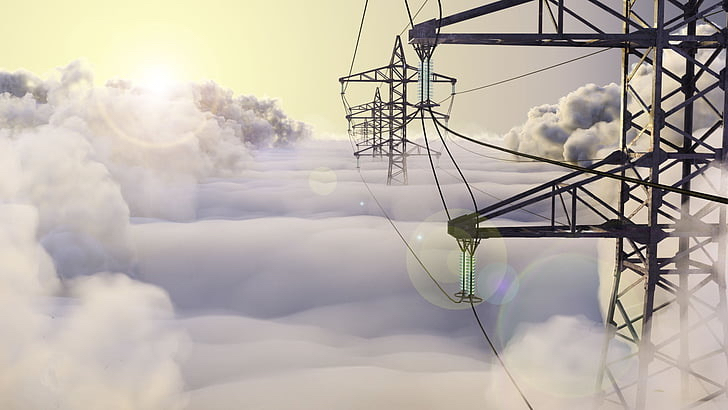I am often asked “what are the toughest projects on which you work?” The stories of epic multiyear, knockdown, drag-out battles are best told over adult beverages, but I can tell you that pipelines and electrical transmission lines crossing multiple jurisdictions spanning numerous municipalities, counties, states and even countries are the most complicated and problematic projects.
Like rail lines, these projects require approvals, land deals, right of ways and more from each political jurisdiction they cross. Each border crossed provides a unique set of opportunities and challenges and each offers potential threats that can delay and derail a vital project.
These “linear land-use” projects as we call them require a comprehensive political due diligence process to identify, negate and properly prepare for problems before they overwhelm the project. The days of keeping a low profile, staying quiet and “sneaking it through” are long gone!
When looking at an expansive, multi-state route, engineering and geographic realities rule the day. Politics are secondary, but the engineers had better pay attention because “That’s where it needs to go” does not mean “That’s where it’s going to go.” Unlike the black and white world of engineering where logic and immutable laws of physics rule the day, the politics of public opinion is neither rational nor immutable and it will crush you faster than an engineer can say “But that makes no sense!”
Increasingly, energy companies are asking us to tailor seminars specifically for their engineers and senior management to help them understand the realities their public relations, community relations, land agents and others are confronting in the field. The level of frustration is extremely high as those on the frontlines are dealing regularly with the harsh realities of mounting opposition, local politics, and NIMBYism while the engineers and administrators back at home office scratch their heads and say
“This should be easy. It just makes sense. They need power and this is how they need to get it. What’s the problem?”
Meanwhile at public’s hearings, passionate, angry, scared and sometimes tearful people ask:
- How many solar farms can you build before you suck all the energy out of the sun?
- How many birds will have to die?
- What about the headaches and the EMFs that are frying people’s brains?
- If you build 100 wind turbines in one direction, won’t it screw up the rotation of the earth?
- What happens when terrorists blow up the pipeline?
- Can you design a wind turbine to look like a tree?
You can laugh. (It’s okay. We know you do.) You can say they lack education, knowledge or sophistication and try to shrug them off but, if you do, you may be making a fatal mistake.
You need to actually deal with these concerns respectfully and calmly without sarcasm or any hint of dismissiveness. The local elected officials may have the exact same questions and concerns and may not be any more sophisticated on these subjects than their constituents. They cannot simply ignore or dismiss the concerns of their friends, neighbors and voters whether they are rational and reasonable concerns or not.
In every community in which these developers try to build, expand or operate, they are at a tremendous disadvantage simply because they are a corporate developer, a utility company, a profit driven entity there to “take something.”
Don’t tell me you’re one of the “Worlds’ Top 7 Most Ethical Companies,” you have a tremendous reputation and you give millions to fight juvenile cancer and save puppies. It means virtually nothing in a local development fight with scared and angry neighbors (while well placed tiny donations to the local little league or the Mayor’s pet project could earn you actual supporters in the room… but that’s a whole other discussion).
To make matters far worse, these projects present an incredible opportunity to every up-and-coming local official and political opportunist. These projects may be the best target to come around for years for someone to demonstrate “fearless leadership skills”, make a name for themselves and rally an impressive local base of support by standing up for the community and fighting the monolithic, heartless, greedy, community destroying, energy company. They are not from here, no one knows them, and no one is going to have any problem with any slings and arrows thrown their way.
Countless political careers have been and continue to be launched by just this type of local development fight and a pipeline or transmission line offers a very attractive target with virtually no downside for the upwardly mobile political wanna be.
Proper political due diligence is vital to project success. There should be no surprises. You can identify most likely opponents early and, with proper outreach and a comprehensive strategy, you can build the right kind of support, negate or minimize opposition and demonstrate real support when and where it matters The plan for every project is different but the underlying principles do not change. Opponents show up and dominate the process unless development teams act early to educate and build support.
Linear land-use projects are not only controversial, they have many more points of potential failure than any other development project.

